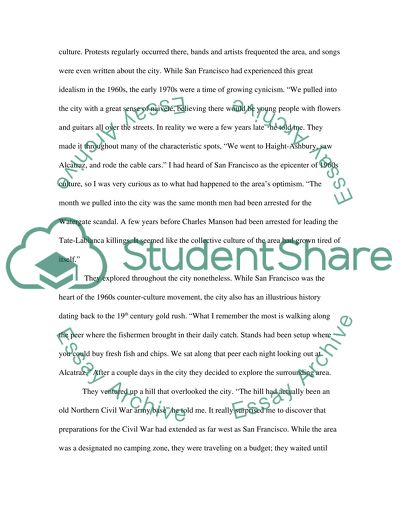Cite this document
(“Writing Historical Fiction Essay Example | Topics and Well Written Essays - 1250 words”, n.d.)
Retrieved from https://studentshare.org/english/1442114-writing-historical-fiction
Retrieved from https://studentshare.org/english/1442114-writing-historical-fiction
(Writing Historical Fiction Essay Example | Topics and Well Written Essays - 1250 Words)
https://studentshare.org/english/1442114-writing-historical-fiction.
https://studentshare.org/english/1442114-writing-historical-fiction.
“Writing Historical Fiction Essay Example | Topics and Well Written Essays - 1250 Words”, n.d. https://studentshare.org/english/1442114-writing-historical-fiction.


